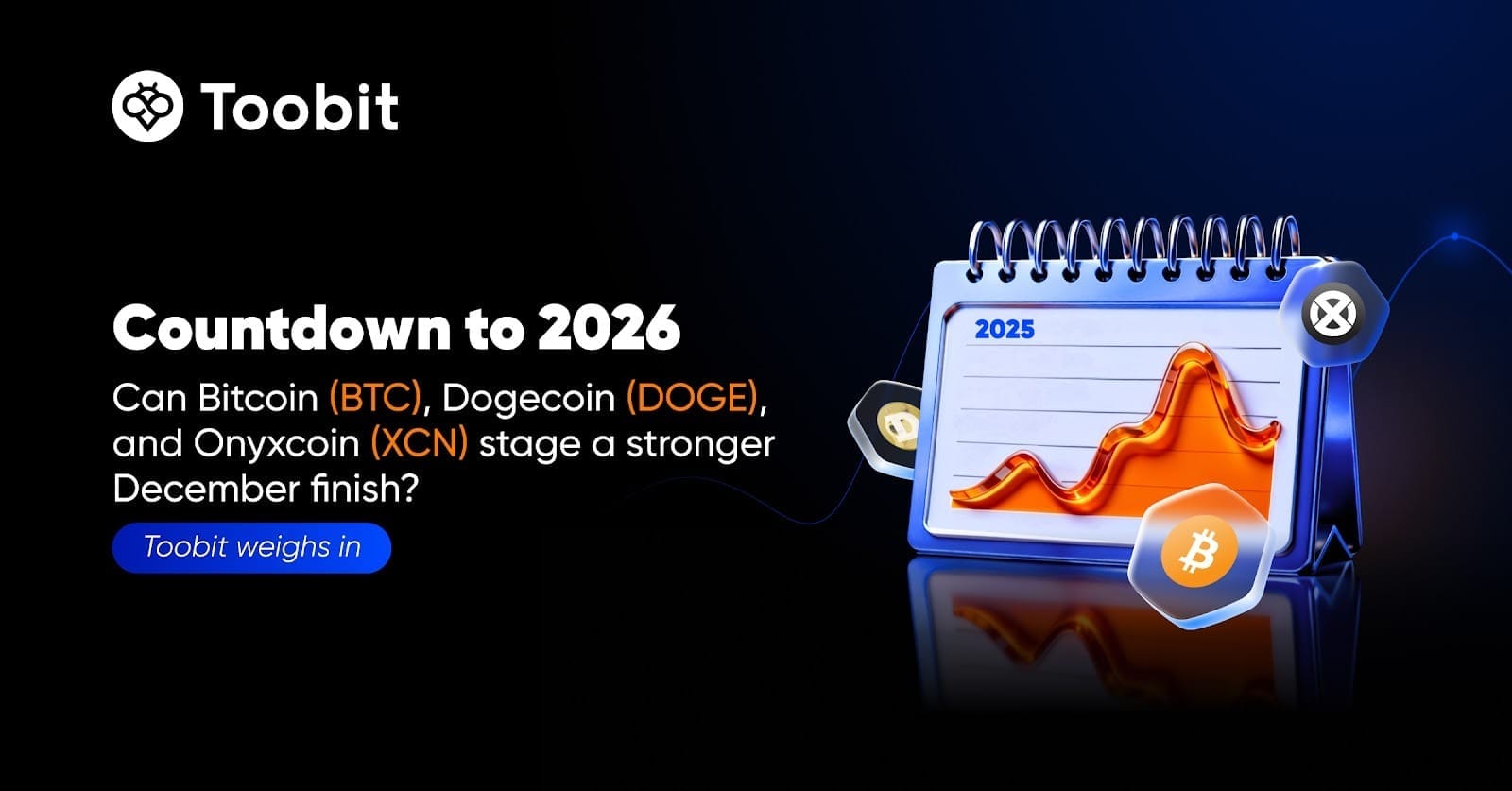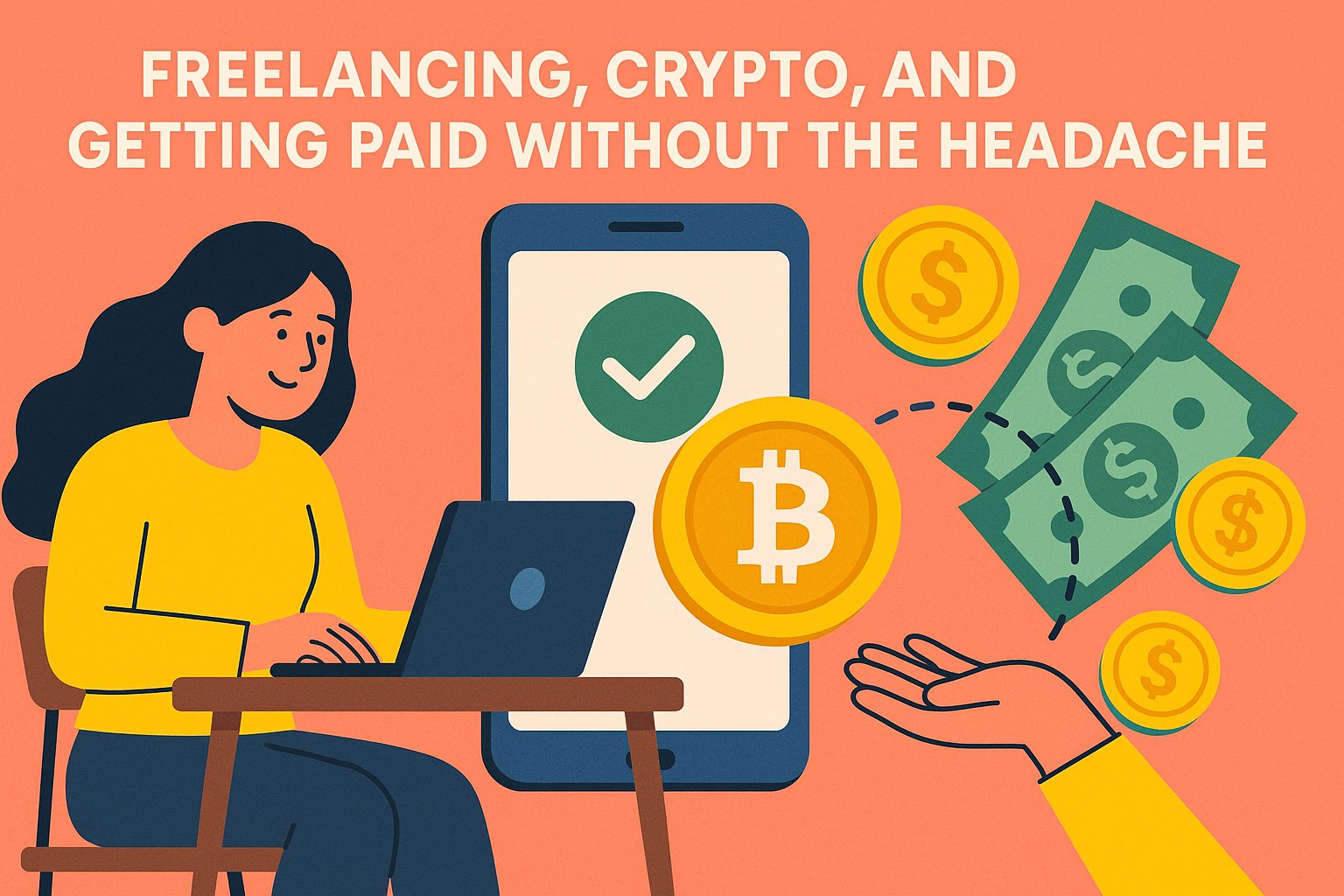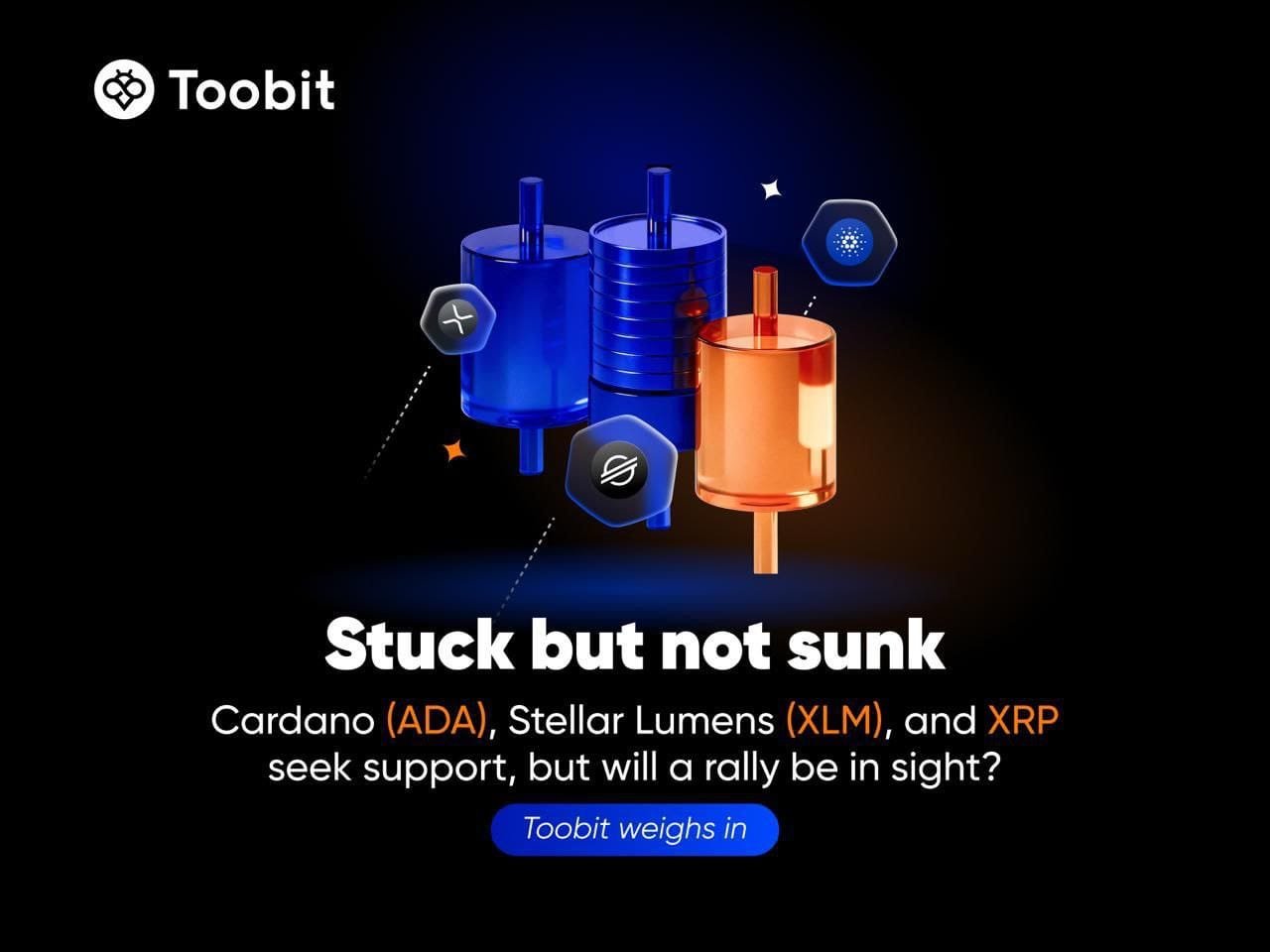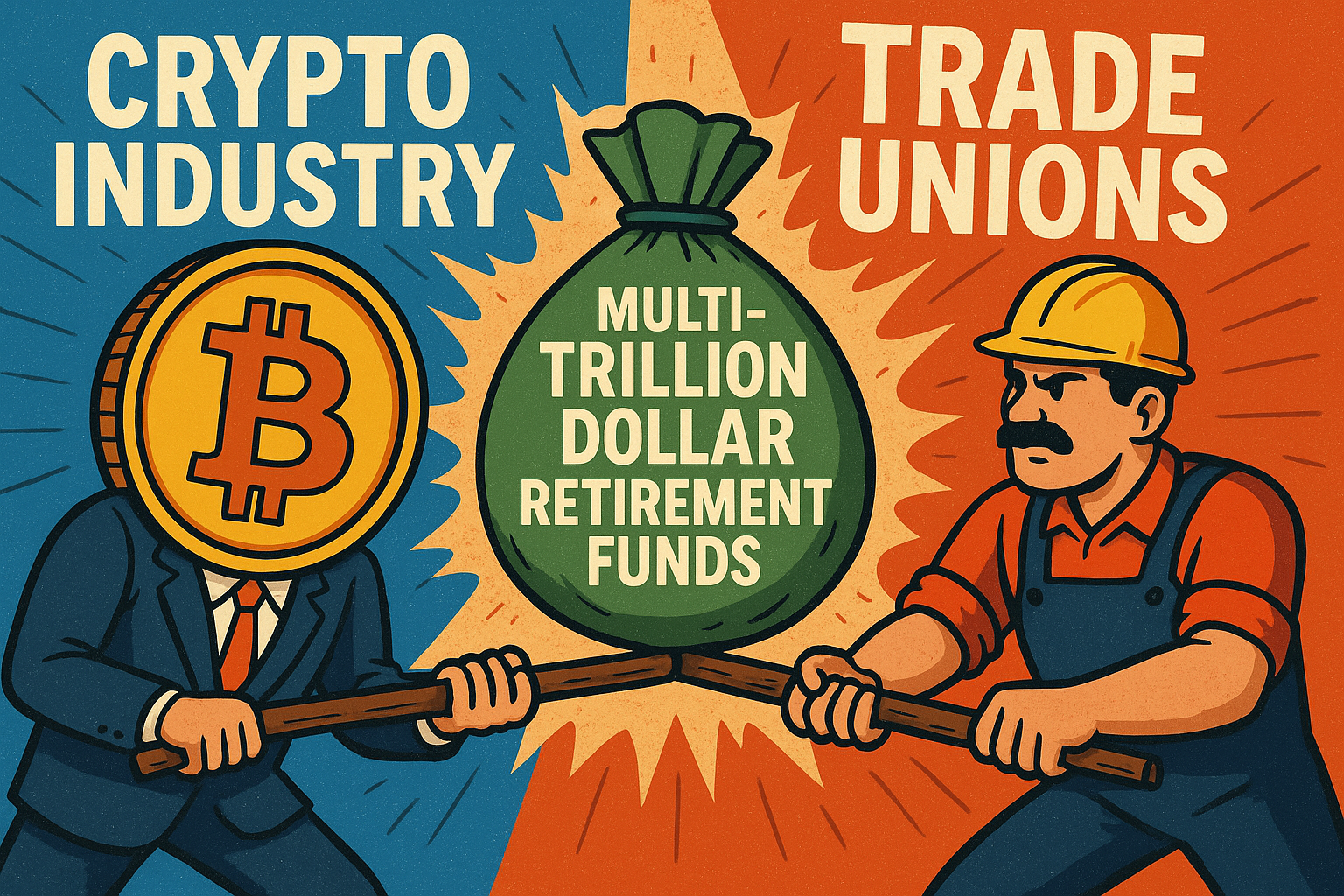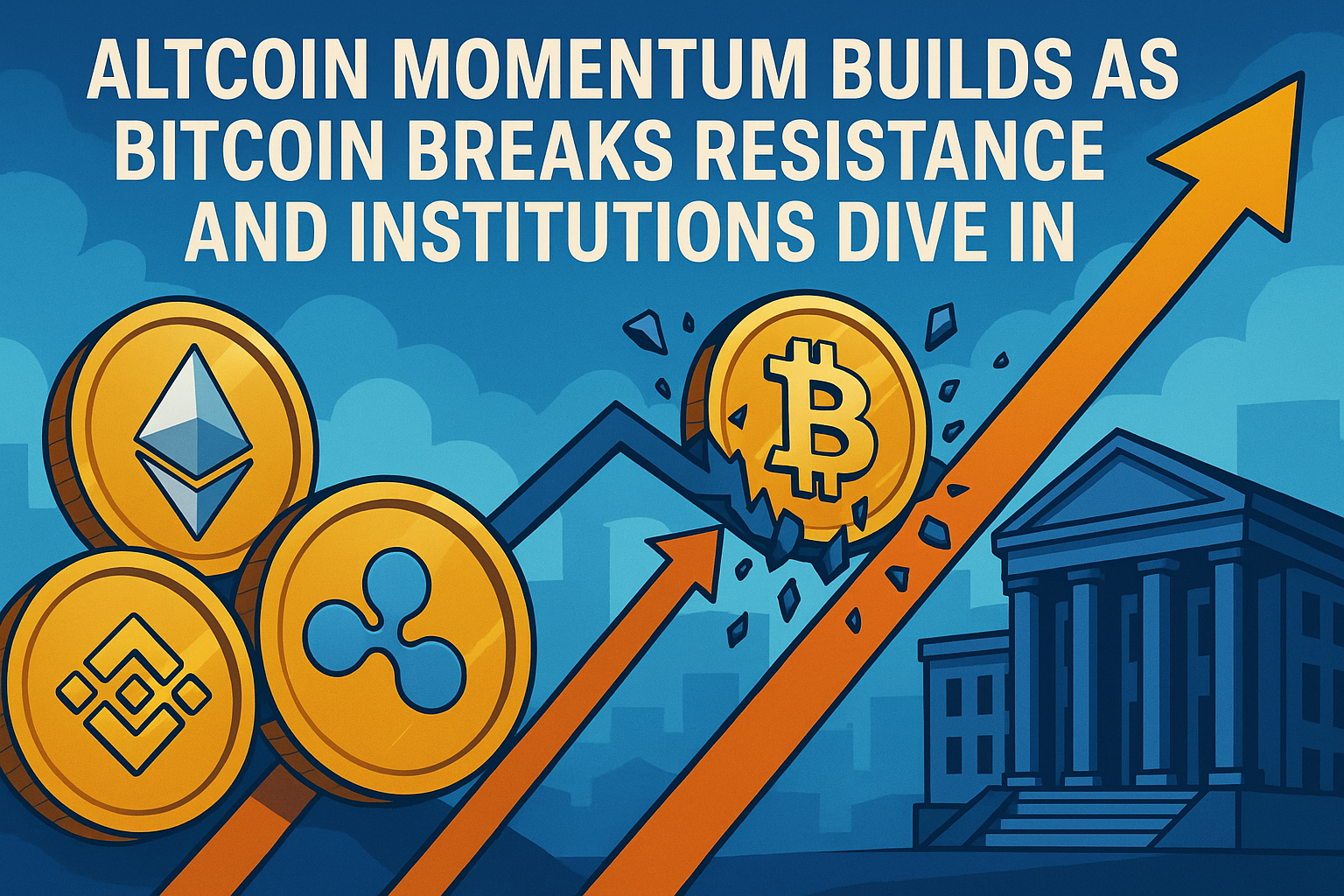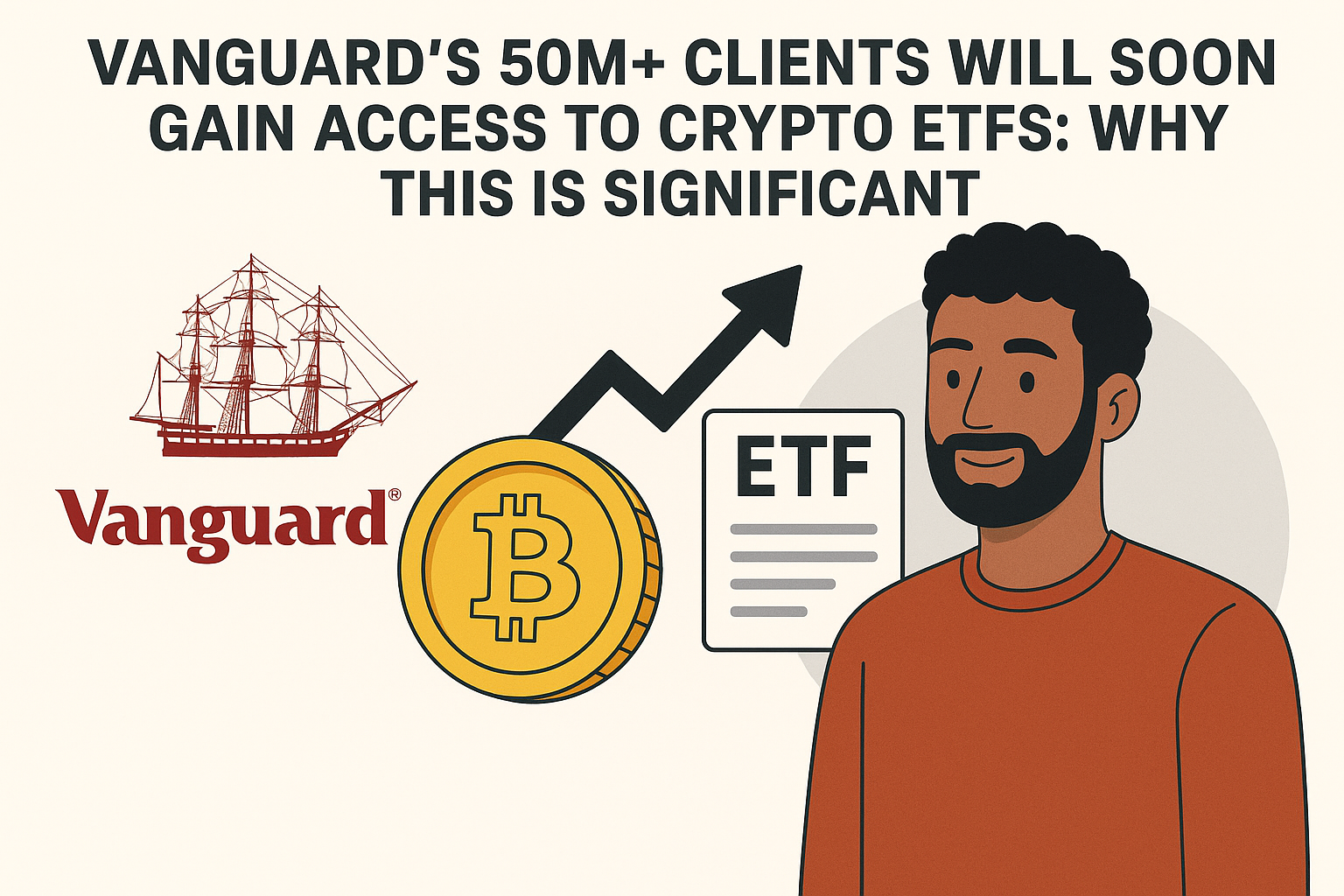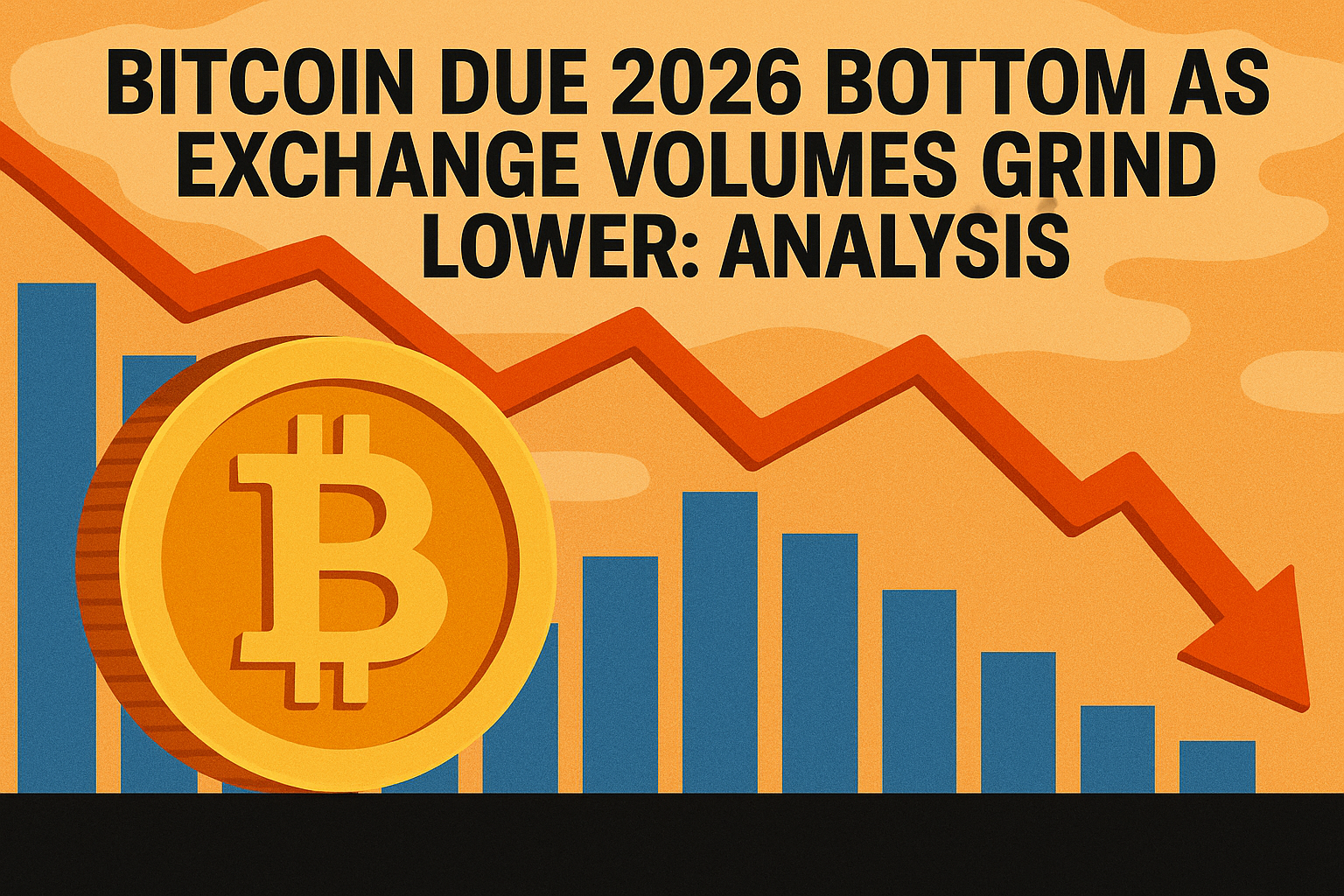Table of Contents
How Cryptocurrency is Changing Online Payments
Cryptocurrency was first launched in 2009 by Satoshi Nakamoto. Since then, it has continued to evolve into a formidable and widely acceptable form of payment. Cryptocurrency is a digital or virtual currency that does not rely on banks to verify transactions. Instead, it operates as a peer-to-peer payment system and runs on a public ledger called a blockchain. The decentralized nature of crypto forms the basis of all its applications. It offers a borderless, seamless, secure, and fast way of making payments.
Today, there are dozens of altcoins widely acceptable across different platforms. Ethereum, Bitcoin Cash, Litecoin, Ripple, and Binance Coin rank among the most popular altcoins. Irrespective of the coin, they all provide the same benefits. This has prompted significant sectors like e-commerce, gambling, and payment gateways to integrate crypto for payments. One of such is the recent launch of PayPal USD by PayPal.
This article shares valuable insights on how much cryptocurrency has affected online payments. Read on to learn more.
Anonymity
Every transaction involving a bank requires customers' information. In fact, both the sender and receiver are expected to verify their identities. This is not the same for crypto payments. All transactions in the blockchain ledger are not recorded with real-life identities. Instead, every user has a unique cryptographic address. Unlike real addresses, it cannot be traced to both the sender and the receiver for any crypto transaction.
While this has its negatives, it has completely revolutionized payments in many industries like e-commerce, gambling, and online payment gateways. The gambling industry remains one of the biggest beneficiaries to date. With the controversies surrounding gambling across different countries, most players are worried about their identities. That’s because it could affect your credit score. So, an easy way out is to use gambling sites that accept cryptocurrency. You can visit comparison sites like AustralianOnlineCasinoSites to find out more information. These platforms provide a way to bypass the numerous restrictions that accompany non-crypto sites. It allows for faster, secure, and anonymous transactions.
Elimination of Intermediaries in the Banking System
The orthodox banking system follows a systematic approach. Each transaction step is handled by an intermediary that follows outlined structures for the verification and execution of payments. A single payment request can go through about five stages of processing. Each stage takes time, and, in some cases, there are fees and restrictions.
However, with crypto, it is different. The request goes from the initiator through the selected crypto network to the receiver. It does not matter what coin is being traded or what volume is involved. The absence of intermediaries, whether for local or international transactions, makes it seamless.
The Possibility of Borderless Transactions
The decentralized nature of cryptocurrency allows it to facilitate borderless transactions. Decentralization simply refers to the transfer of ownership from an individual, group, or organization (such as banks) to a distributed network. What this does is that it takes away any element of fear or distrust. As a result, crypto transactions are not bound by the banking regulations of the geographical borders. There are no currency or inter-bank limitations as well.
This is particularly crucial for developing countries that are often considered high-risk locations. But with crypto, there are no borders or restrictions, irrespective of the location. This unrestricted global access has opened up new possibilities for different businesses.
Minimal to Zero Transaction Fees
PayPal, for instance, charges between 1.9% to 3.49% plus a fixed fee for commercial transactions. There are also country-specific charges, depending on the location of both the sender and the receiver. Furthermore, for cross-border payments involving different currencies, there is a 4.0% fee. The same goes for other payment gateways like Skrill and Neteller.
However, crypto transactions have very negligible fees across different crypto platforms. Whether you are sending from Binance to Luno or on the same platform, the costs can be as low as $1. This is irrespective of the amount involved. This is particularly crucial for cross-border transactions where conventional payment gateways charge exorbitant fees.
Accessibility
One of the many ways crypto is changing online payments is accessibility. Pause for a moment and think about how difficult it was to open a bank account some decades ago. Although it is getting better in recent years, it still takes time. Meanwhile, all you need to set up a crypto wallet is a smartphone or PC with an internet connection. Choose your preferred platform, like Binance or Trust Wallet. Follow the simple steps, and in a few minutes, your account will be read.
Besides the ease of setting up a crypto wallet, you can access it anytime and anywhere. Also, you can trade as many Altcoins as you want on a single platform. This allows users easy access to more platforms and businesses. For instance, it is easier to access a crypto online casino than one that relies on bank transfer or MasterCard. That's because these payment options have geographical restrictions that can affect the user. Hence, cryptocurrency continues to influence the ease of access to various online payments positively.
Security
Crypto trades are done on the blockchain technology. The system is such that each transaction is stored in multiple blocks. New blocks are added linearly and chronologically at the end of the blockchain. Once that happens, the previous block cannot be modified.
Changing the data in any block results in a change in the hash that generates the cryptographic hash function. The bottom line is that the blockchain security process is a very intricate one. It is very complex and difficult to hack compared to traditional banking methods. This means that no one can gain access to your wallet or manipulate your payments. It is only possible if your access key is compromised.

